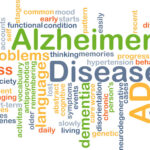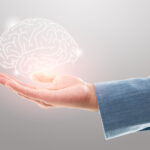
Alzheimer’s Disease (AD) and related dementias affect millions around the globe, and AD accounts for 60 to 70% of all dementias, making it the most common form of dementia. World Alzheimer’s Awareness Month is dedicated to raising awareness, reducing stigma, and promoting early diagnosis.





